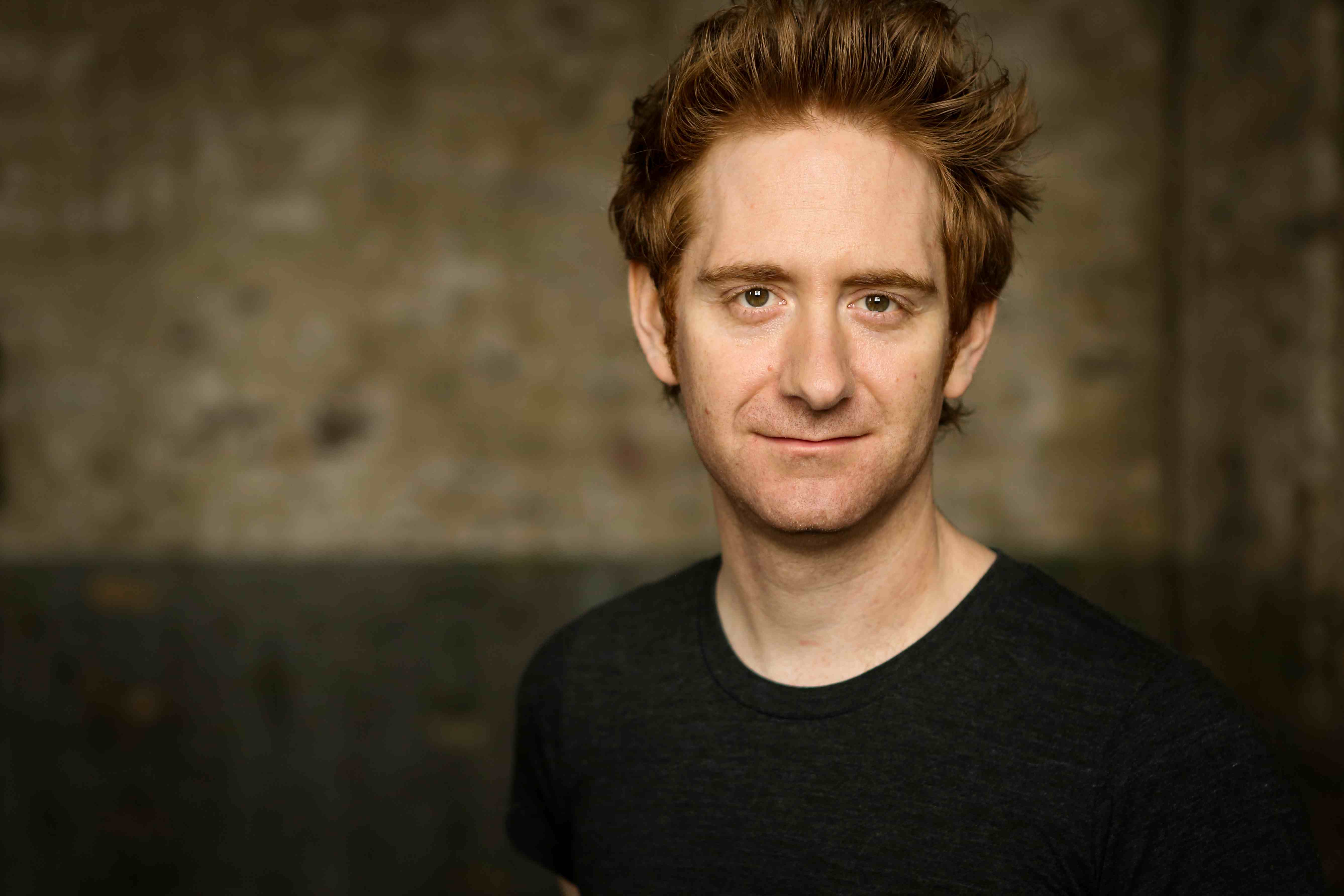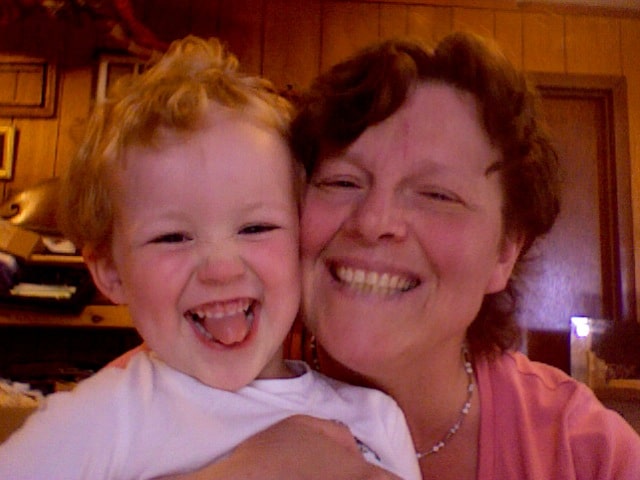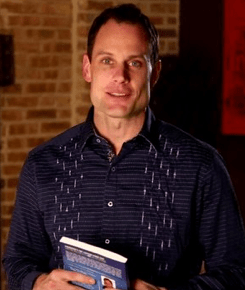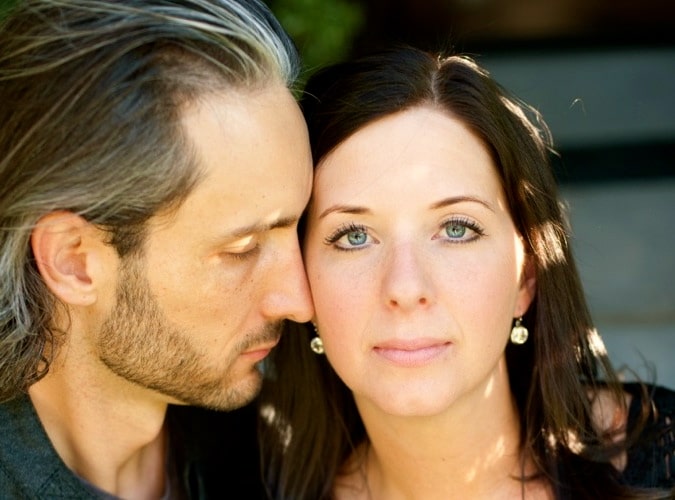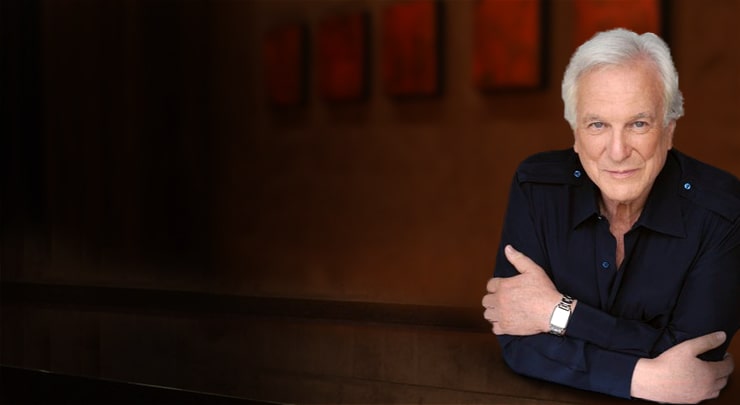21 Oct Keith Cracks His Emotional Code and Meets the Love of His Life
Lifebook has been a transformational experience that has definitely accentuated my life and made it more focused, clear and abundant. In the past 10 weeks I have gone from being completely single to meeting the love of my life. I have seen my income increase...
21 Oct Leah Takes COMMAND of Her Life!
I created my Lifebook with the online program. At the time, though always run by my emotions and state of very poor health, I was coming into a new, very tentative understanding of my value, and was beginning to gain a bit of confidence and a sense of possibility. I had always longed for something better; had always wanted to BE better. I had high, though fairly unformed, aspirations. Somehow, in my darkness and struggle, I just knew there was a way to get to the life I really wanted, though it seemed an almost impossibly long way off: I'd never lacked courage, but I had no map, no instructions, and few tools. And then, along came Lifebook! I recognized immediately that this was the way for me. It felt right. The process of creating my Lifebook was both deeply challenging and totally thrilling. I had previously written feeling descriptions of my desired level of physical well-being, and I had crafted a grounding, fulfilling, and adventurous lifestyle on paper, but had never seen as complete a concept of life and self as the program work revealed. Just envisioning myself and my life in such deep detail and such high terms gave me some confidence. Who knew that knowing one's desires so well could create so much change, even before taking any further action? I began to have some real admiration for myself, even just for having the vision and courage to WANT to be the person I was describing.21 Oct Andy Begins His Dream Career THE DAY After Lifebook
"My Lifebook experience was a significant turning point in my life. The most concrete example of this is that I literally changed careers the day after returning home from Chicago. But Lifebook's impact on me goes much deeper than that. It has given me increased...
21 Oct An Intense Transformation of Love, by Garrett and Carrie Gunderson
Want to know what true transformation looks like in the Love Relationship category? Listen to the interview Jon did with Lifebook Members Garrett and Carrie Gunderson. Garrett and Carrie have consciously transformed their love life over the past couple of years, and in this interview...


